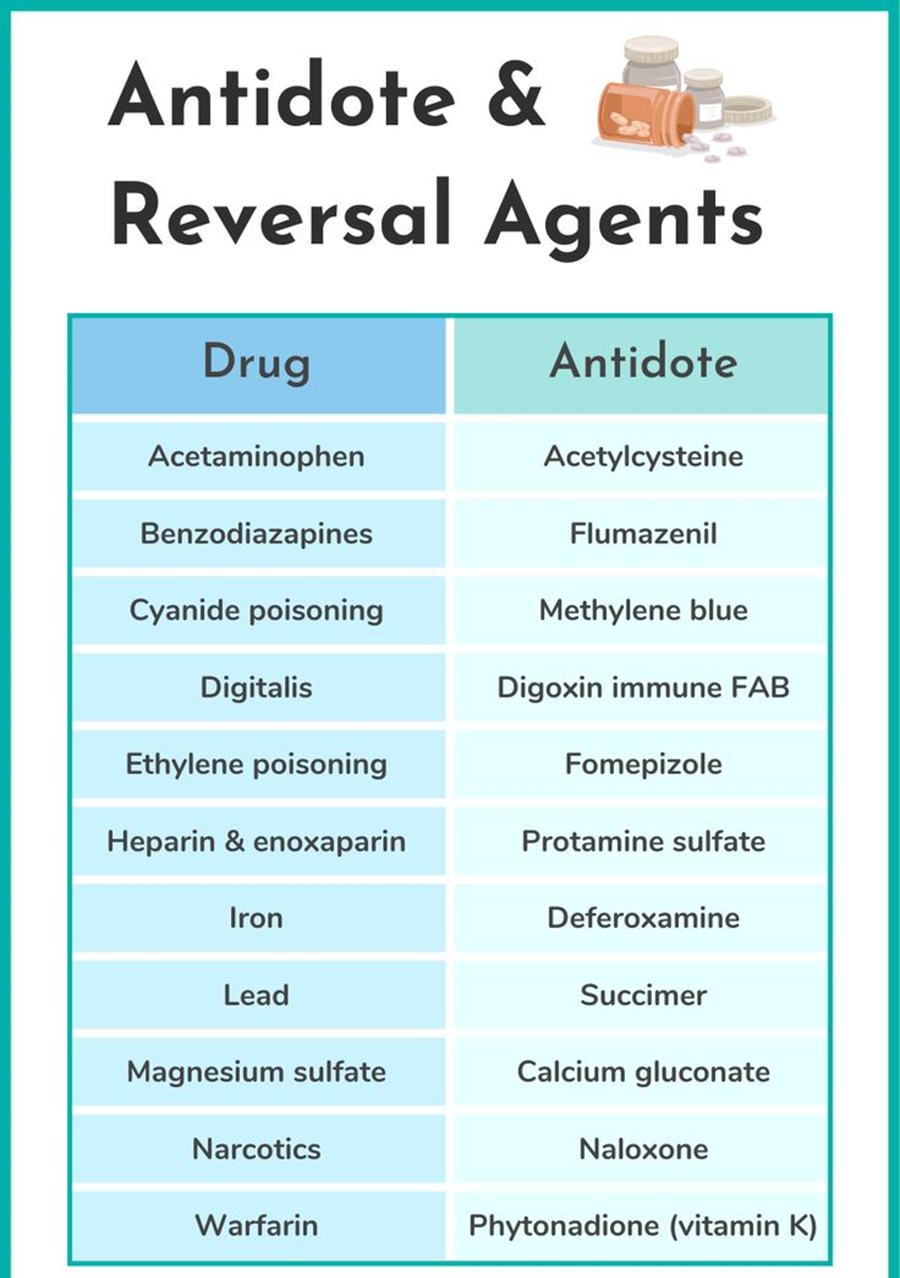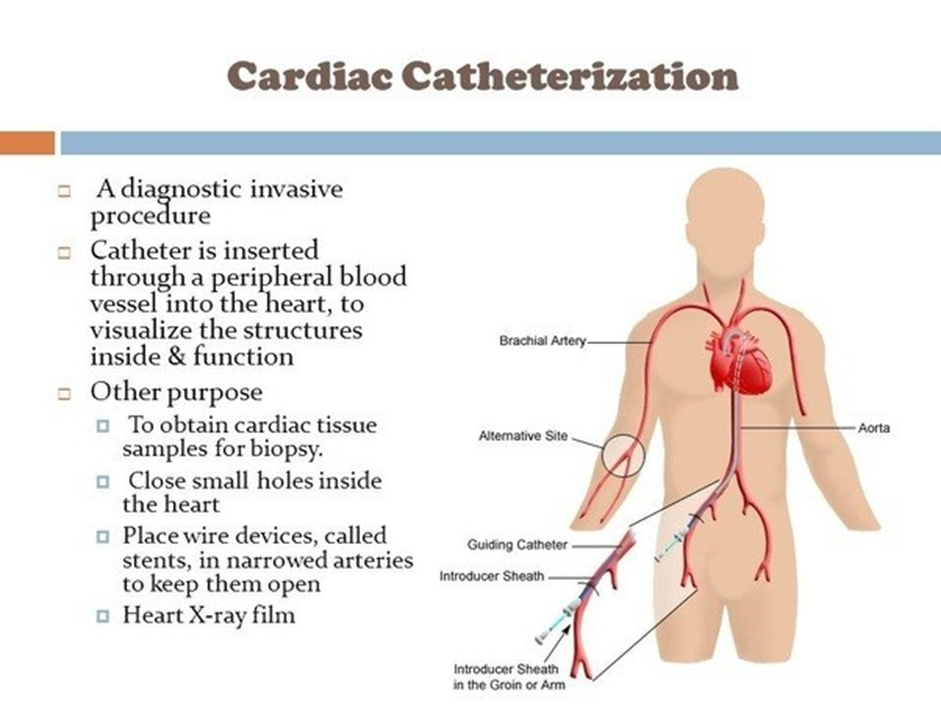A patient with a history of atrial fibrillation has contacted the clinic saying that she has accidentally overdosed on her prescribed warfarin (Coumadin). The nurse should recognize the possible need for what antidote?
Factor VIII
Vitamin K
IVIG
Factor X
The Correct Answer is B
A. Factor VIII: Factor VIII is a component of the clotting cascade, but it is not the antidote for warfarin. Factor VIII is used in the treatment of hemophilia A.
B. Vitamin K: This is the correct answer. Vitamin K is the antidote for warfarin overdose. It helps in the synthesis of clotting factors.
C. IVIG (Intravenous Immunoglobulin): IVIG is not an antidote for warfarin. It is used for various immune-related conditions.
D. Factor X: Factor X is also a clotting factor, but it is not the antidote for warfarin. Factor Xa inhibitors are used as anticoagulants.

Nursing Test Bank
Naxlex Comprehensive Predictor Exams
Related Questions
Correct Answer is ["A","B","C","D"]
Explanation
Withhold food and oral fluids before the procedure
Withholding food and oral fluids before the procedure is essential to prevent complications during the cardiac catheterization. The client is typically NPO (nothing by mouth) for a specified period before the procedure.
B. Review medications the client has taken in the last 24 hours
Reviewing the client's medications is crucial to ensure that any medications affecting coagulation or blood vessels are appropriately managed before the cardiac catheterization.
C. Verify that written consent has been obtained
Verifying the presence of written consent is a critical step to confirm that the client has been adequately informed about the procedure, its risks, and benefits, and has given consent for the cardiac catheterization.
D. Check for iodine sensitivity
Checking for iodine sensitivity is important because iodinated contrast dye is commonly used during cardiac catheterization. Allergies or sensitivities to iodine contrast must be identified to prevent adverse reactions.
E. Administer all ordered oral medications
Administration of oral medications before the procedure depends on the specific medications and the healthcare provider's instructions. Some medications may be held, while others may be continued as prescribed.

Correct Answer is D
Explanation
A. Coronary artery disease (CAD):
Coronary artery disease primarily affects the blood vessels supplying the heart muscle. Symptoms often include chest pain (angina) rather than pain in the lower extremities. The symptoms described in the scenario are not characteristic of CAD.
B. Arterial embolus:
An arterial embolus is a blood clot or debris that travels through the bloodstream and can block an artery. While it can cause decreased blood flow and pain, the presentation in the lower left leg and foot with relief of pain at rest is more suggestive of peripheral arterial disease (PAD) or intermittent claudication rather than an acute arterial embolus.
C. Raynaud disease:
Raynaud's disease is characterized by episodes of reduced blood flow to the extremities, usually triggered by cold or stress. It typically involves color changes (white, blue, red) in the fingers or toes. The symptoms described, including pain in the lower leg and foot during walking, are not typical of Raynaud's disease.
D. Intermittent claudication:
Intermittent claudication is a symptom associated with peripheral arterial disease (PAD). It involves pain or cramping in the legs during physical activity, such as walking, due to reduced blood flow to the muscles. Rest typically relieves the pain. The observation of a hairless leg and slight edema suggests potential vascular compromise in the lower extremity, supporting the diagnosis of intermittent claudication.
Whether you are a student looking to ace your exams or a practicing nurse seeking to enhance your expertise , our nursing education contents will empower you with the confidence and competence to make a difference in the lives of patients and become a respected leader in the healthcare field.
Visit Naxlex, invest in your future and unlock endless possibilities with our unparalleled nursing education contents today
Report Wrong Answer on the Current Question
Do you disagree with the answer? If yes, what is your expected answer? Explain.
Kindly be descriptive with the issue you are facing.
